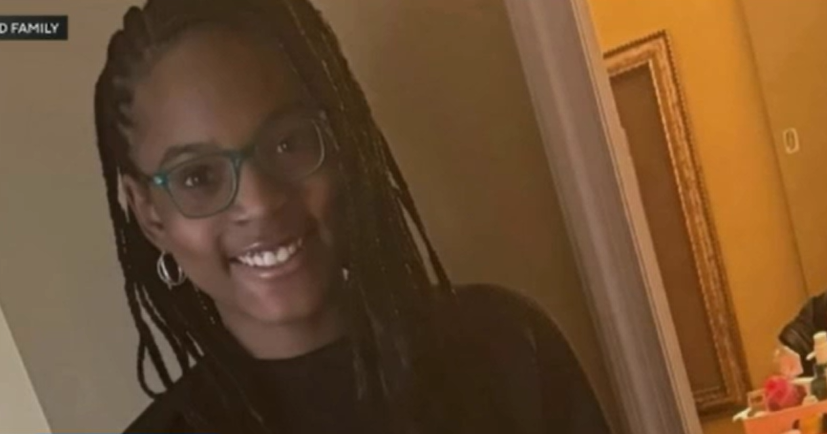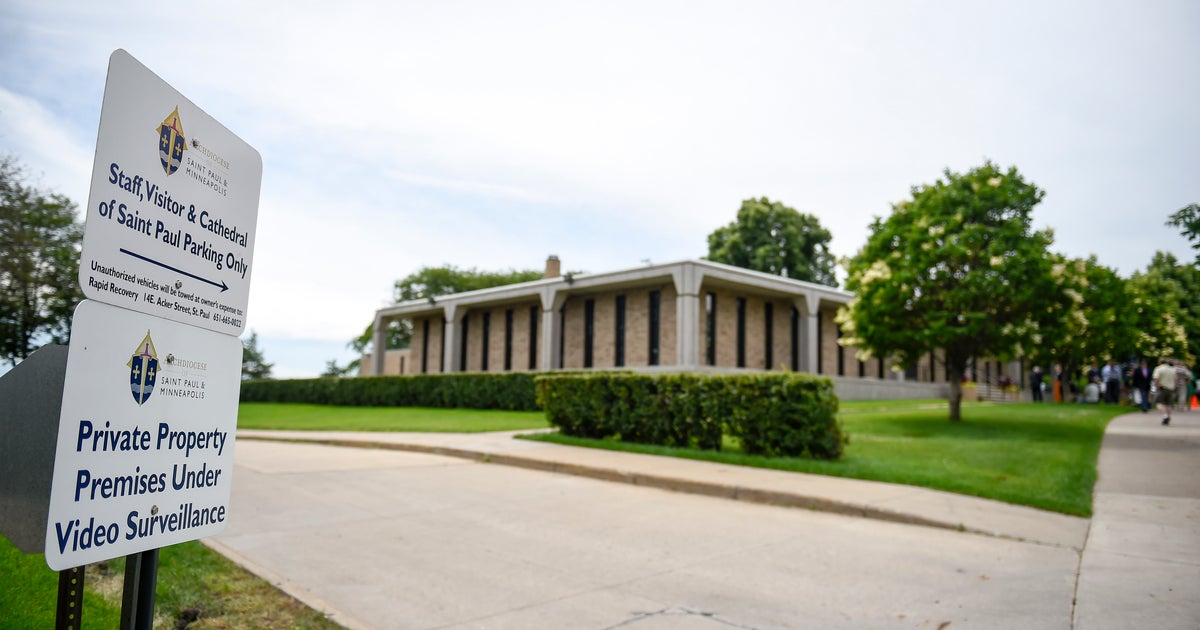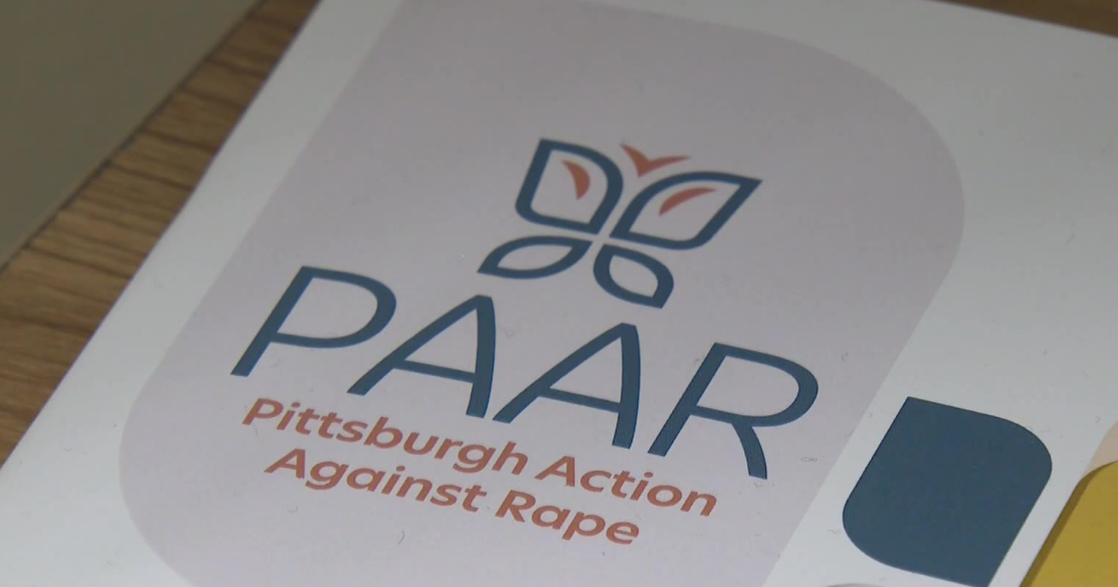West Virginia Gov. Jim Justice signs ban on gender-affirming care
CHARLESTON, W.Va. (AP) — West Virginia Republican Gov. Jim Justice on Wednesday signed a bill banning gender-affirming care for minors, joining at least 10 other states that have enacted laws restricting or outlawing medically supported treatments for transgender youth.
The bill outlaws those under 18 from being prescribed hormone therapy and fully reversible puberty blockers. It also bans minors from receiving gender-affirming surgery, something physicians say doesn't even happen in West Virginia.
Unlike measures passed in other states, however, West Virginia's law contains a unique exemption: It permits doctors to prescribe medical therapy if a teenager is considered at risk for self-harm or suicide.
Under the law, which will take effect in January 2024, a patient can be prescribed puberty blockers and hormone therapy after receiving parental consent and a diagnosis of severe gender dysphoria from two doctors, including a mental health provider.
Gender dysphoria is defined by medical professionals as severe psychological distress experienced by those whose gender identity differs from their sex assigned at birth.
Lawmakers in West Virginia and other states moving to enact bans on transgender health care for youth and young adults often characterize gender-affirming treatments as medically unproven, potentially dangerous in the long term and a symptom of "woke" culture.
Every major medical organization, including the American Medical Association, the American Academy of Pediatrics and the American Psychiatric Association, supports gender-affirming care for youths.
A 2017 study by UCLA Law's The Williams Institute estimated West Virginia had the highest per capita rate of transgender youth in the country.
The rate of suicide ideation, or having suicidal thoughts or ideas, for transgender youth in West Virginia is three times higher than the rate for all youth in the state, according to West Virginia Youth Risk Behavior Survey data.
At least 11 states have now enacted laws restricting or banning gender-affirming care for minors: Alabama, Arkansas, Arizona, Georgia, Iowa, Kentucky, Mississippi, Tennessee, Utah, South Dakota and West Virginia. Federal judges have blocked enforcement of laws in Alabama and Arkansas, and nearly two dozen states are considering bills this year to restrict or ban care.







